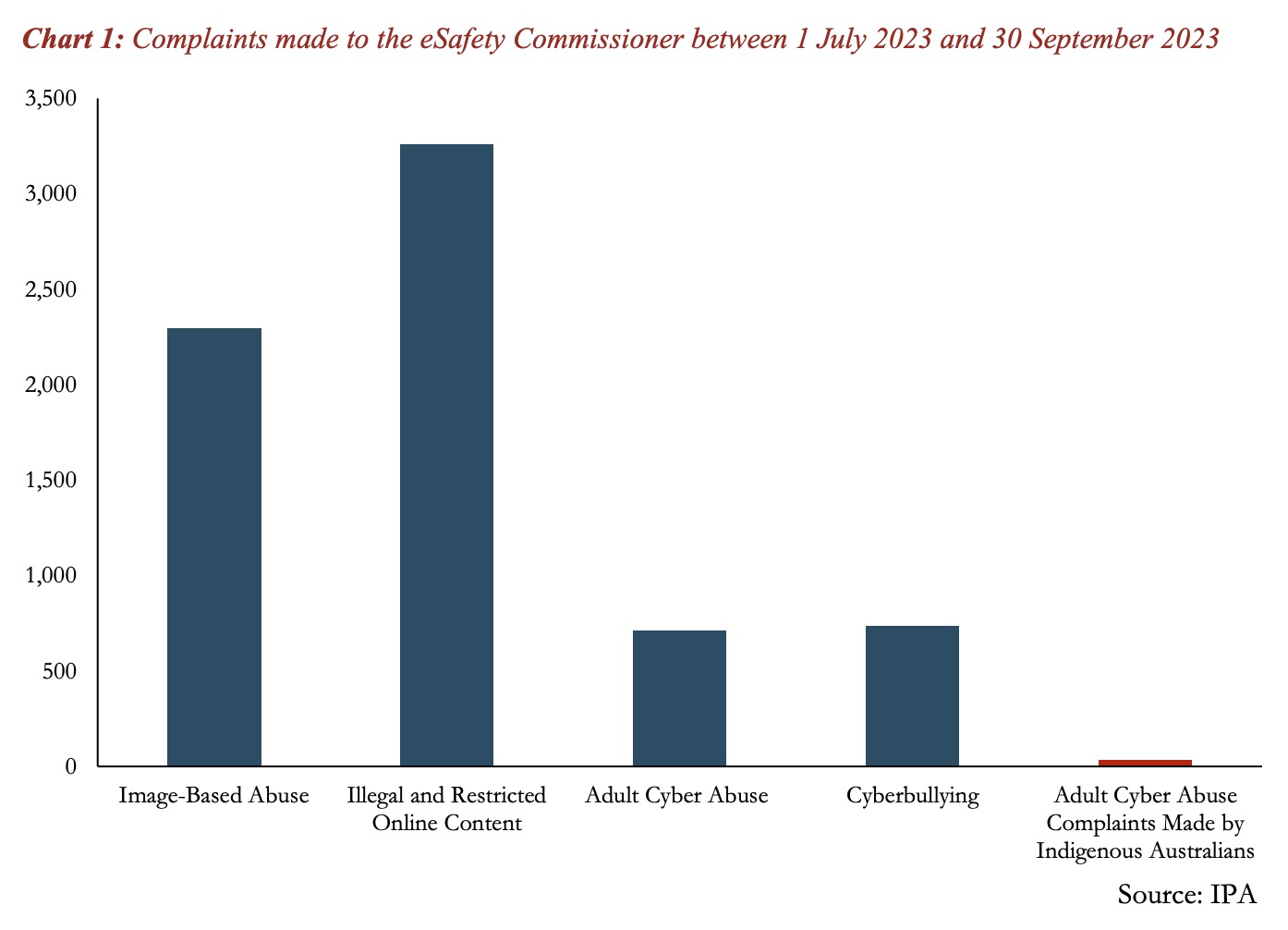Another week, another controversy involving the conduct of Australia’s eSafety Commissioner Julie Inman Grant.
Grant’s job officially is to direct efforts against misinformation and other online harms – but her actions have earned her the pejorative “titles” of the country’s “chief censor” and “censorship czar.”
The latest round of criticism aimed Grant’s way has to do with her role around last year’s failed Indigenous Voice referendum, when, according to newly unearthed documents (the result of the Institute of Public Affairs, IPA, FOIA requests) this official in fact contributed to spreading misinformation, rather than combating it – and making the dreaded “divisive debates” even worse.
It appears Grant’s tactic to shore up the policy pushed by the “yes” camp ahead of the referendum was to make unfounded claims about the number of race-related complaints her office was likely to receive from Indigenous Australians, as well as the number of racially motivated online incidents.

As the referendum, held in mid-October 2023, was approaching, Grant spoke for the Australian to, effectively, engage in fearmongering around the issue, when she said she expected this type of attack to rise ahead of the vote.
Grant also claimed at the time that levels of online abuse targeting this part of the population were already “high.”
However, the FOIA documents suggest that she was exaggerating the threat for political (and possibly funding) reasons. It has now been revealed that from January 2022 until October 2023, Grant’s office received a total of two complaints from Indigenous Australians that specifically had to do with the upcoming referendum.
As it was approaching – from July to September last year – this number was 30 – or 0.4% percent of all complaints eSafety had received. And not in a single case related to the referendum did this content eventually warrant removal.
All this begs the question of Grant’s intent while coming up with “dire warnings” apparently unsupported by any facts available to her.
One result was that the government increased her agency’s budget to $42.5 million per year (from $10.3). And then there was simply “politically charged censorship,” as IPA Director of Law and Policy John Storey described it.
Storey added: “The narrative Julie Inman Grant has sought to establish, that there was a wave of racist cyber abuse during the referendum, is not supported by her own office’s data.”
EXCLUSIVE: Roger Stone Believes The Deep State May Assassinate Joe Biden



